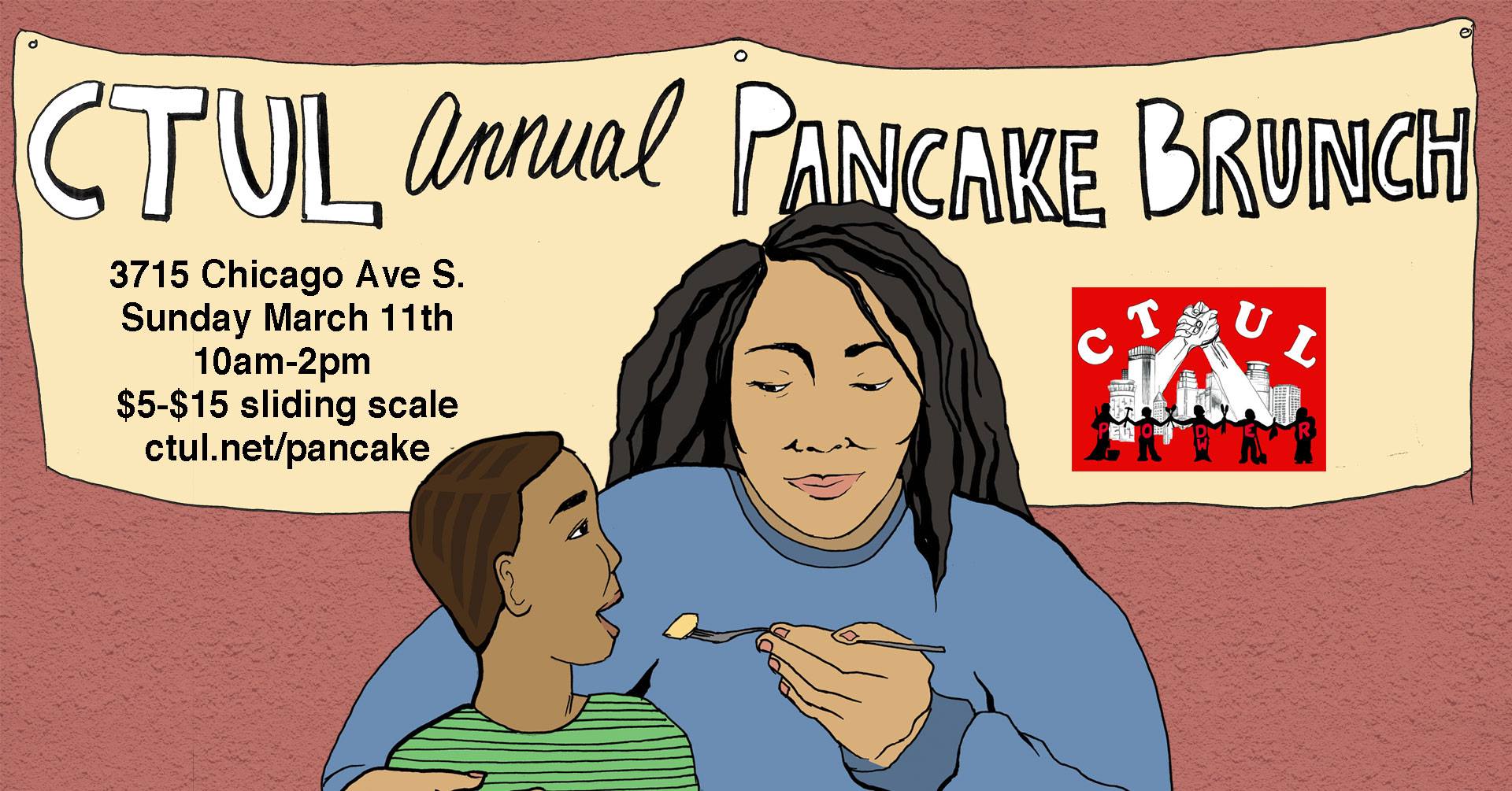

Share
South Minneapolis based worker center, Centro De Trabajadores Unidos En Lucha (CTUL) in coalition with other organizations was able to push for the passage of a citywide $15 minimum wage ordinance. However, the City of Minneapolis has not followed through with needed funds for enforcement of the ordinance.
online pharmacy purchase metformin no prescription with best prices today in the USA
An October forum organized by CTUL focused on the critical need for workplace enforcement to ensure that workers can fully access the wage and benefit increases.
“We are often afraid to speak up about our rights out of fear of retaliation. The laws exist, but if there is not follow through on enforcement, we do not enjoy the benefits of those laws,” said CTUL member Emilio Miranda.
An August 2017 report from the National Employment Law Project explains that the longest-running local wage enforcement agency, San Francisco’s Office of Labor Standards Enforcement (OLSE), is the most robust enforcement model in the country. A core portion of its success is attributed to partnering with existing organizations defending the rights of workers who experience systemic and persistent wage theft. These workers are disproportionately people of color.
The agency created the Workers’ Rights Community Collaborative (WRCC), comprised of six worker centers and community-based organizations and focused on education and outreach. In fiscal year 2014-15, the agency won $4,527,758 in back wages and interest for workers. Eight-five percent of the complaints filed with OLSE came from WRCC partners.
Drawing on the success of San Francisco’s WRCC, CTUL lobbied for five investigators and $500,000 in grants for organizations advocating for low-wage workers experiencing wage theft. In contrast, then-Mayor Betsy Hodges’ November budget proposal authorized the Labor Standards Enforcement Division to hire a third person but only allocated 60,000 dollars.
CTUL continues to advocate. Most recently, during the week-long build-up to the Super Bowl CTUL along with other organizations called on the Super Bowl Host Committee to support fully funding enforcement.
Nationally the problem has been pervasive.
A recently released investigative report by POLITICO found that, “wage laws are poorly enforced, with workers often unable to recover back pay even after the government rules in their favor.”
Six southern states Georgia, Louisiana, Alabama, South Carolina, Tennessee, and Mississippi, have no minimum-wage investigators, and in a seventh, Florida, former Gov. Jeb Bush eliminated the state Department of Labor in the early 2000s. For more than four years Florida failed to undertake a single enforcement action.
POLITICO’s investigation found that other states, “including Arkansas, Ohio, and Hawaii have reduced the number of investigators in recent years. Of the states that have investigators for minimum wage, 26 have fewer than 10, according to surveys conducted between September and February. South Dakota has one, for example, and Indiana has one full-time and one working part-time. Meanwhile, two states — Kansas and Iowa — put a monetary ceiling on wage-theft cases they will pursue: As a matter of policy, these states decline to pursue enforcement actions if the amount involved is too high. In Kansas, the ceiling is $10,000; in Iowa, $5,000.”
online pharmacy order diflucan no prescription with best prices today in the USA
Evidence suggests that without the persistent advocacy of CTUL and others, major victories like the $15 minimum wage ordinance will be rendered meaningless without funding for enforcement.
To continue advocating for low wage workers, CTUL is hosting a “Pancake Brunch” fundraiser
March 11, 2018
10:00am – 2:00pm
3715 Chicago Ave. S., Minneapolis
This year’s CTUL’s, “Pancake Brunch” will start the second and final year of their, “Raise Workers’ Voices Campaign” – a campaign aimed at winning fair wages, fair working conditions, and a voice in the workplace with thousands of low-wage workers across the state.

